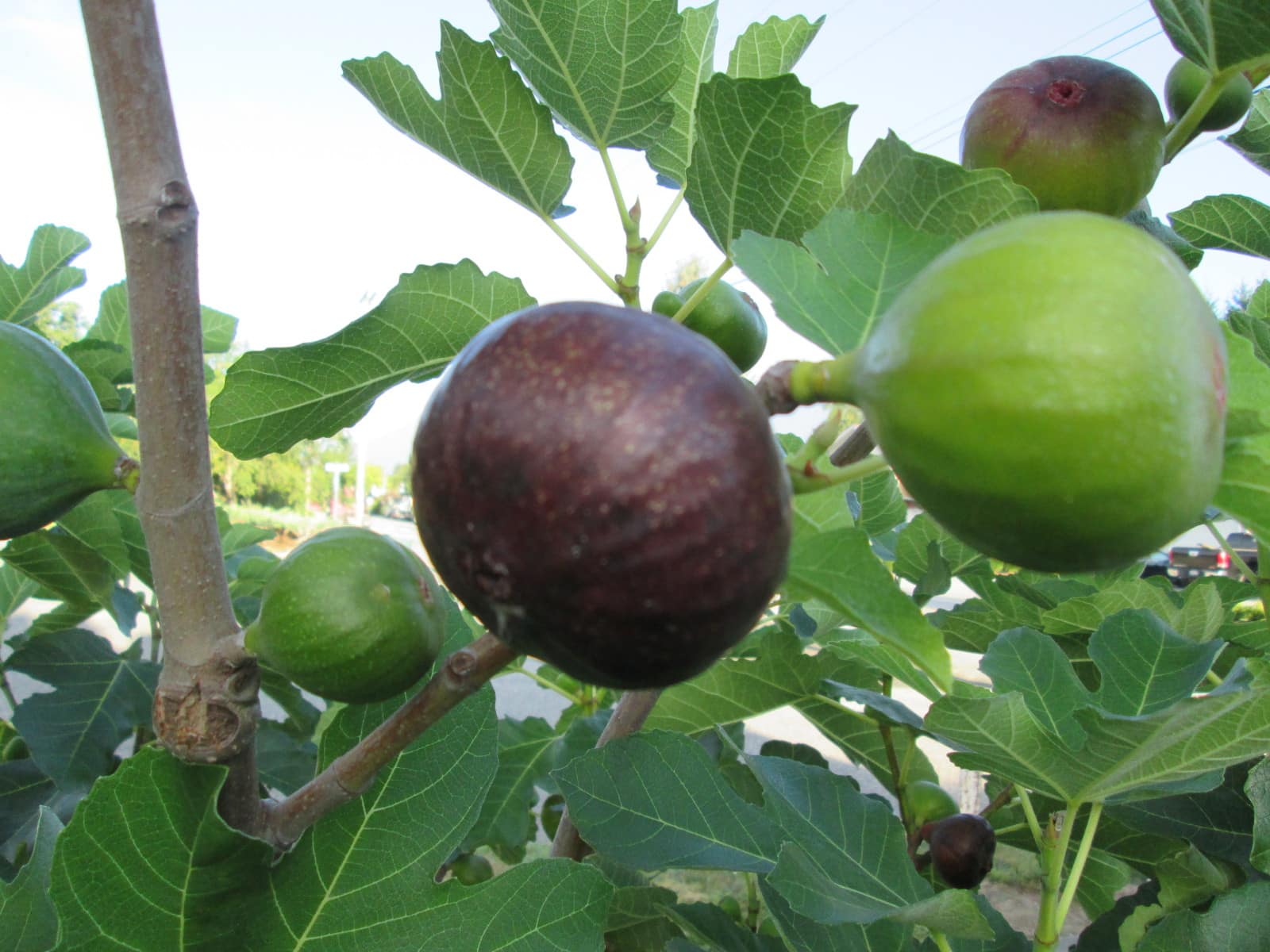Biofilms are a thin but robust assemblage of surface associated microbial cells enclosed in an extracellular matrix and inside these biofilms, bacteria are protected from antibiotics.
And one of the solutions in wound care, is to increase the antibiotic concentration by as much as a thousand-fold to drive Bacteriophages off the ledge in an antimicrobial therapy capable of acting inside biofilms.
Now, Ficin, an enzyme derived from figs latex, has been found to be active against biofilms formed by Staphylococcus, in preclinical studies. At Kazan Federal University and Voronezh University, in Russia, researchers have found that this enzyme breaks down proteins, thereby helping antibiotics to be more effective against infections like Staphylococcus.
“If you treat wounds with an enzyme or protease, healing accelerates. Together with our Voronezh University colleagues, we decided to try ficin, which has not yet been studied well. It’s worth mentioning that its close analog—papain derived from papaya—has already been introduced abroad. We have used ficin against biofilms and found that it works beautifully. Moreover, it has fared better than trypsin. The complexity of the issue is that in biofilms, bacteria are suspended in a matrix, like in a jelly, and antibiotics cannot penetrate. In order for
them to become active, you have to increase the dosage significantly, sometimes a thousand-fold. But it’s reasonable to assume that the effectiveness can increase if the matrix is disrupted.” Explains Dr. Kayumov, lead scientist of the study.Dr. Kayumov explains that currently, different enzymes are used for wound treatment, such as trypsin, chymotrypsin, or collagenase—they clear wounds from necrotic masses and fibrin clots. The main advantage of plant proteins, like papain and ficin, are their low allergenic profile, being generally less cytotoxic than others such as animal or bacterial enzymes.
The team now considers testing other enzymes that can potentially be active against biofilms of various bacteria and take this particular study forward into the clinical trials.






























